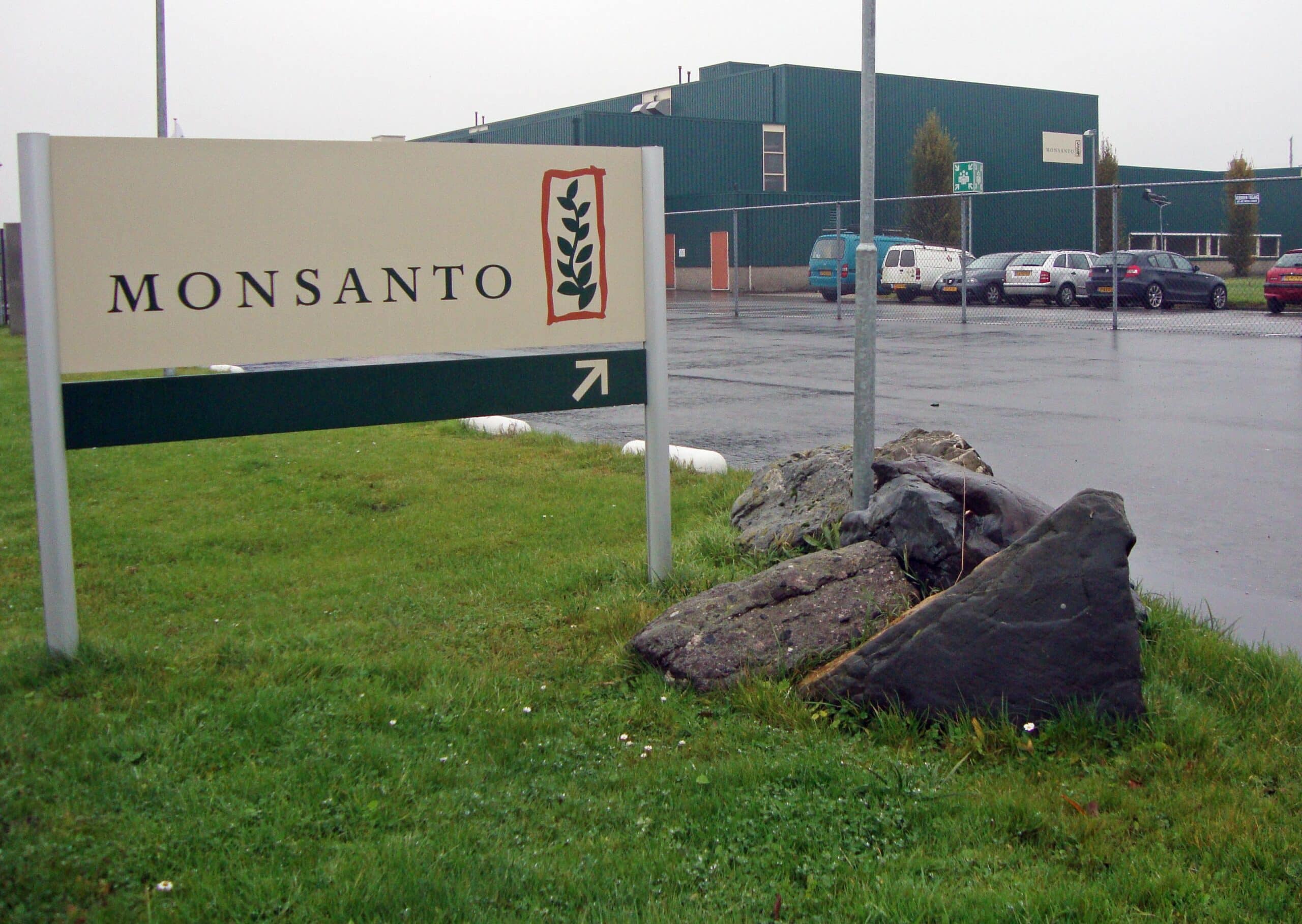Key Takeaways:
- Monsanto has proposed a U.S. nationwide class settlement to resolve current and future Roundup™ claims alleging Non-Hodgkin lymphoma (NHL).
- The settlement includes capped annual payments totaling up to $7.25 billion over 21 years, subject to court approval.
- Bayer expects a negative free cash flow in 2026 due to estimated litigation-related payouts.
- The proposal is linked to a pending U.S. Supreme Court review in the Durnell case.
- The settlement does not include any admission of liability or wrongdoing.
Monsanto Proposes Long-Term Class Settlement for Roundup™ Claims
Monsanto has announced a proposed U.S. nationwide class settlement aimed at resolving current and future claims alleging that exposure to Roundup™ caused Non-Hodgkin lymphoma (NHL). Leading plaintiff law firms representing the class filed a motion seeking preliminary approval in the Circuit Court of the City of St. Louis, Missouri.
Under the proposed agreement, Monsanto would fund the settlement through declining capped annual payments over up to 21 years, totaling up to $7.25 billion, subject to court approval. The long-term structure is intended to provide predictability regarding litigation costs for both existing and future claims.
“The proposed class settlement agreement, together with the Supreme Court case, provides an essential path out of the litigation uncertainty,” said Bill Anderson, CEO of Bayer. “This litigation and the resulting cost underscore the need for guidance from the Supreme Court on clear regulation in American agriculture.”
Financial Impact and Additional Settlements
In addition to the proposed class settlement, Monsanto has reached confidential agreements to resolve certain other Roundup™ (glyphosate) cases. The company also settled eight remaining PCB-related verdicts connected to the Sky Valley Education Center in Washington state, as well as prior environmental PCB cases with Illinois and West Virginia.
As a result of these resolutions, Bayer expects litigation provisions and liabilities to increase from €7.8 billion as of September 30, 2025, to €11.8 billion, including €9.6 billion related to glyphosate. The company estimates total litigation-related payouts of approximately €5 billion in 2026, leading to an anticipated negative free cash flow for the year.
To support immediate financing needs, including settlement payments and certain bond maturities, Monsanto has secured an $8 billion bank loan facility. Longer-term financing is expected to include senior bonds and equity-credit instruments.
Bayer has postponed its 2025 year-end financial results and 2026 guidance announcement to March 4 to reflect the settlement agreements.
Supreme Court Review and Legal Strategy
The proposed settlement is part of a broader legal strategy that includes U.S. Supreme Court review of the Durnell case. The case addresses whether state-law failure-to-warn claims are preempted by federal law.
The Supreme Court review is separate from the class settlement and concerns pending appeals and claims not covered by the proposed agreement. According to Bayer, a favorable ruling could significantly limit current and future claims based on state labeling requirements.
Monsanto stated that the settlement is designed solely to contain litigation and does not include any admission of liability or wrongdoing. The company noted that regulatory authorities, including the U.S. Environmental Protection Agency and European regulatory bodies, continue to conclude that glyphosate-based herbicides can be used safely and are not carcinogenic when applied as directed.
Structure of the Proposed Class Program By Monsanto
The proposed settlement covers individuals alleging exposure to Roundup™ prior to February 17, 2026, who either have a current NHL diagnosis or receive a diagnosis within 16 years following final court approval.
The program would be managed by a professional claims administrator and funded for up to 21 years. Class members would receive notice and have the option to opt out. Monsanto retains the right to terminate the settlement if opt-out levels exceed agreed thresholds.
Court approval is required before the settlement becomes effective.


